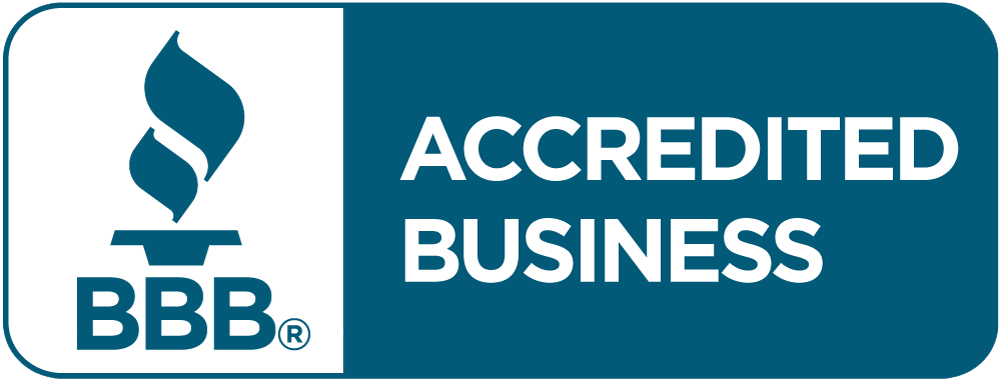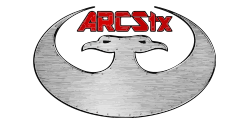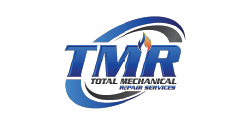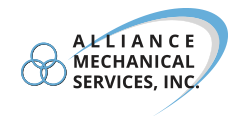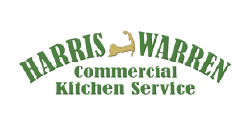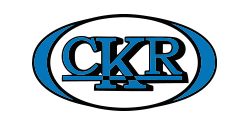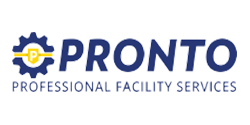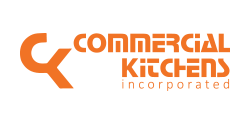The Top 5 Refrigeration Cooling Problems for Commercial Kitchens (and How to Prevent Them)
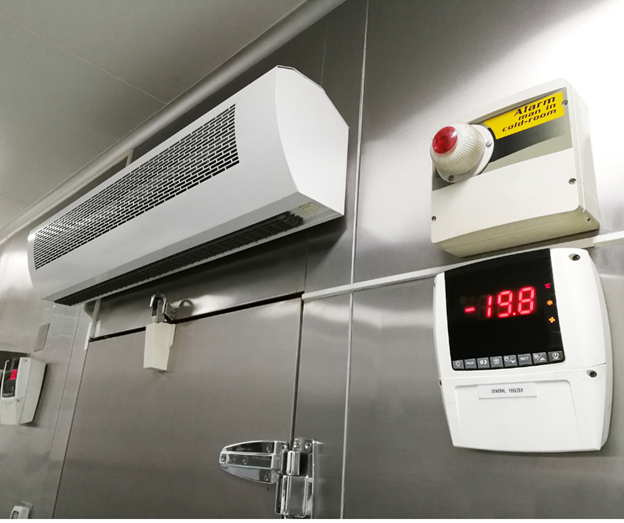
Commercial kitchens rely heavily on refrigeration systems to keep food and ingredients at safe temperatures and maintain the quality and freshness of their products. However, like any mechanical system, refrigeration systems can experience issues that impact their cooling performance and reliability.
There are certain refrigeration cooling problems that commercial kitchens commonly encounter, as well as technician tips on how to prevent or address these problems.
So, what are the top five refrigeration cooling issues restaurants and foodservice operations may encounter? We spoke with Rob Rivera, president of Americold Commercial Refrigeration Consultants, a Tech24 company, and he outlined the most common issues below:
- Dirty condenser coils: Dirt, dust and other debris can accumulate on the condenser coils. This reduces their ability to transfer heat effectively and negatively impacts their cooling capacity. Most importantly, Rivera notes that this type of undue stress on the unit can ultimately result in premature failure.
- Refrigerant leaks: These types of leaks can lead to a loss of cooling capacity, reduced efficiency and increased energy consumption due to a higher workload, as the system will have to work harder to maintain its capacity. In addition, some refrigerant leaks can also have negative environmental implications when hydrofluorocarbons (HFCs) are involved.
- Faulty temperature control: A malfunctioning temperature control unit, or thermostat, can simply cause your system to run too frequently or just not enough. According to Rivera, this inconsistency can result in poor cooling performance, compromising the effectiveness of the system and potentially leading to product spoilage or compromised food safety.
- Improper airflow: Poor airflow due to blocked vents or fan problems will reduce the efficiency of the cooling system and cause temperature imbalances. These temperature fluctuations may lead to uneven cooling of stored products, potentially compromising their quality and increasing the risk of food spoilage.
- Compressor problems: Issues with compressors, such as electrical problems like faulty wiring or motor issues, may lead to compressor inefficiency or even complete failure. Mechanical problems, such as worn-out bearings or piston rings, can lead to increased friction and reduced compression efficiency. This often results in decreased cooling capacity and higher energy consumption as the compressor has to work harder to compensate.
Regular maintenance, including cleaning, inspections and repairs, can help prevent these and other refrigeration cooling issues. It’s also important to ensure that your system has been installed and sized correctly for your operation’s unique needs.
Here are some Tech24 technician tips on how to prevent or address refrigeration problems in commercial kitchens:
Tip #1: Regularly clean and maintain the system. Condenser coils, fans and other components should be inspected and cleaned to prevent dirt, dust and other debris from building up and reducing the system’s cooling capacity. Regular maintenance can also help detect and address problems before they escalate.
Tip #2: Monitor and maintain proper temperature levels. Temperature monitoring is critical for maintaining food safety and quality. Use a thermometer to check that the system is maintaining the proper temperature range, and adjust the thermostat as needed. If the system is consistently unable to maintain the proper temperature range, it may be time to consider repairs or upgrades.
Tip #3. Check for and address refrigerant leaks. Refrigerant leaks can cause a loss of cooling capacity, reduce efficiency and increase energy consumption. Regular inspections and monitoring can help to detect and address leaks early on. If a leak is detected, a qualified technician should be called to repair or replace the affected components.
Tip #4: Ensure proper airflow. Check that all vents and fans are unobstructed, and the fan blades are clean and in good condition. If the system still experiences airflow problems, consider calling in a technician to assess the system’s ductwork and make any necessary repair




